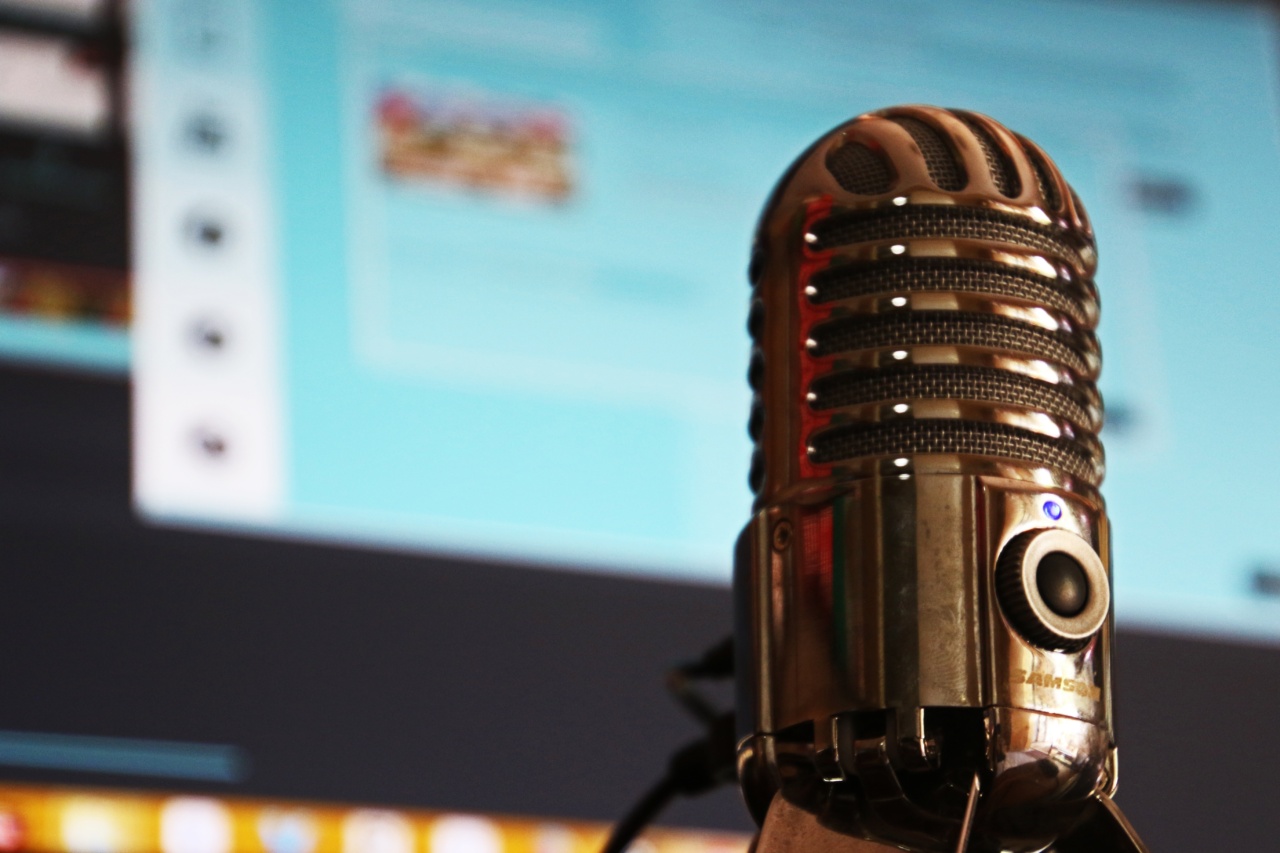Computer performance refers to how quickly and efficiently a computer can carry out various tasks.
This can include basic operations like opening applications or browsing the internet, as well as resource-intensive tasks like running large programs or playing graphics-heavy games. In this article, we will explore the various factors that can impact computer performance and how they affect overall system speed and functionality.
CPU
The central processing unit, or CPU, is often referred to as the “brain” of a computer. It is responsible for processing all the instructions and data that are sent to it by other components of the system.
A CPU’s speed is measured in GHz (gigahertz), and a higher clock speed generally means faster performance. However, other factors such as the number of cores and the amount of cache memory can also impact performance.
A computer’s CPU typically comes in two forms: a standalone processor or an integrated chip. Standalone processors are the more powerful of the two, but they often require separate cooling systems and can be more expensive.
Integrated chips, on the other hand, are less powerful but more affordable and energy-efficient.
RAM
Random-access memory, or RAM, stores data that are currently being used by the computer. When you open a program, the data required to run that program are loaded into the RAM so that they can be accessed quickly.
The amount of RAM in a system can significantly impact performance, as more RAM means the system can handle more data at once. RAM is measured in GB (gigabytes), and the more GBs the system has, the more programs it can run simultaneously without slowing down.
Hard Drive
The hard drive is where all of your files, programs, and documents are stored permanently on your computer.
The type of hard drive you have can significantly impact performance, with solid-state drives (SSDs) being faster and more reliable than traditional hard disk drives (HDDs). SSDs use flash memory to store data, which allows them to access that data more quickly than HDDs, which use spinning disks.
Graphics Card
A graphics card is responsible for rendering images and video on your computer. It is especially important for gamers and people who work with graphic design or video editing. Graphics cards come in two types: integrated and dedicated.
Integrated graphics cards are part of the CPU or motherboard, while dedicated graphics cards are separate components. Dedicated graphics cards are more powerful and better suited for resource-intensive tasks but can be more expensive than integrated cards.
Operating System
The operating system (OS) is the software that manages all of the hardware and software on your computer. It can significantly impact performance, with faster and more reliable operating systems generally leading to better overall performance.
Popular operating systems like Windows and macOS are continually updated to improve performance, security, and functionality.
Applications
The applications you run on your computer can also impact performance. Some programs use more resources than others, and running too many applications at once can slow down even the most powerful of computers.
Programs that are well-optimized for the system they are running on tend to perform better than programs that are not.
Malware and Viruses
Malware and viruses are unwanted programs that can significantly impact computer performance. They can slow down your system, delete important files, and even steal sensitive data.
It is essential to have up-to-date antivirus software installed on your computer and to regularly scan your system for threats. Additionally, it is important to be cautious when downloading and installing programs from the internet, as these can often be sources of malware and viruses.
Thermal Issues
Computer components generate heat as they operate. If not adequately cooled, this heat can cause damage and slow down the system. It is important to have proper ventilation and cooling systems in place to prevent thermal issues from impacting performance.
Overheating can cause crashes, slowdowns, or even physical damage to the computer.
Conclusion
Overall, there are many factors that can impact computer performance. From the CPU and RAM to the hard drive, graphics card, applications, and OS, each component plays a role in how quickly and efficiently a computer can carry out various tasks.
Thermal issues and malware can also impact performance and should be addressed to prevent further damage. By understanding these factors and taking steps to optimize your system, you can ensure that your computer runs at peak performance.































